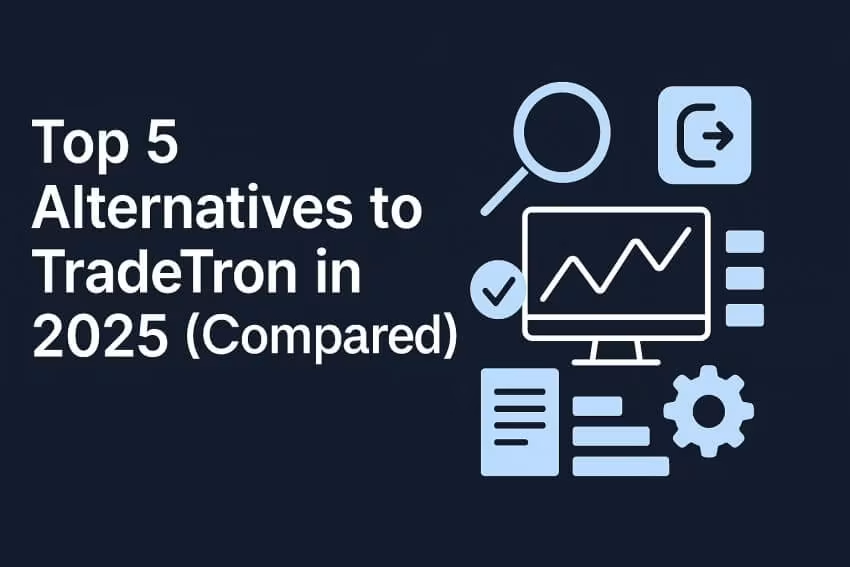Defining Intraday Trading Strategies
Intraday trading strategies involve buying and selling financial instruments within the same trading day, with positions typically closed before the market closes. These strategies capitalise on short-term price movements, aiming to profit from fluctuations in asset prices over the course of a single trading session. Intraday traders employ various techniques, such as technical analysis, chart patterns, and market indicators, to identify opportunities for quick gains. The key objective of intraday trading strategies is to exploit transient market inefficiencies and capitalise on short-term price movements, making it a dynamic and fast-paced approach to trading in financial markets.
Popularity of Intraday Trading Strategies
- Intraday trading strategies have surged in popularity due to their ability to capitalise on short-term market movements, offering traders the opportunity to generate quick profits within a single trading day.
- Unlike traditional long-term investment approaches, intraday trading provides traders with the flexibility to enter and exit positions rapidly, minimising exposure to overnight market risks.
- Additionally, the accessibility of intraday trading, facilitated by advancements in technology and online trading platforms, has democratised market participation, attracting a growing number of individuals seeking to harness the potential of short-term price fluctuations.
Hence, intraday trading strategies have become popular among seasoned professionals and retail traders alike, drawn by the allure of fast-paced action and the potential for significant returns in volatile markets.
How Algorithmic Trading Boosts Intraday Trading Strategies
Speed and Efficiency
Algorithmic trading programs execute trades at lightning-fast speeds, enabling intraday traders to capitalise on fleeting market opportunities with minimal latency. This swift execution ensures that trades are executed precisely at the desired price levels, optimising profit potential.
Precision and Accuracy
Algorithms analyse vast amounts of market data with precision, identifying patterns and signals that human traders may overlook. This enhances the accuracy of intraday trading strategies, leading to more profitable trades and reducing the impact of emotional biases.
Risk Management
Advanced risk management techniques can be integrated into algorithmic trading, on platforms like uTrade Algos, allowing intraday traders to set predefined risk parameters and automatically execute stop-loss orders. This ensures that losses are minimised, preserving capital and safeguarding against adverse market movements.
Diversification
Algor trading enables intraday traders to diversify their strategies across multiple instruments and markets simultaneously. This diversification reduces overall portfolio risk and enhances the resilience of intraday trading strategies to market volatility.
Backtesting and Optimisation
On platforms like uTrade Algos, algorithms can be backtested using historical data to assess their performance under various market conditions. This allows intraday traders to optimise their strategies, identify areas for improvement, and refine their approach to maximise profitability.
Adaptability to Market Conditions
Algorithmic trading systems can adapt to changing market conditions in real-time, automatically adjusting trading strategies to capitalise on evolving trends and opportunities. This flexibility ensures that intraday traders remain agile and responsive to dynamic market environments.
Reduced Emotional Bias
By automating trading decisions, algorithmic trading eliminates the emotional biases that often cloud human judgment. This results in more disciplined and rational decision-making, reducing the likelihood of impulsive trades driven by fear or greed.
Cautionary Considerations for Intraday Trading Strategies in Algorithmic Trading
- Over-Reliance on Automation: Intraday traders should avoid becoming overly reliant on automated algorithms, ensuring they retain control over trading decisions and remain vigilant in monitoring algorithm performance.
- Market Volatility: Algo trading strategies may struggle to adapt to sudden and extreme market movements, potentially leading to unexpected losses if risk management protocols are not adequately implemented.
- Data Quality and Latency: Traders must ensure the accuracy and timeliness of data feeds used by algorithmic systems, as discrepancies or delays can impact the effectiveness of trading strategies.
- Regulatory Compliance: Compliance with regulations governing algorithmic trading practices is essential, as failure to adhere to legal requirements can result in penalties and reputational damage.
- Risk of Technical Failures: Intraday traders should be prepared for technical glitches or system failures that can disrupt algo trading operations, necessitating backup plans and contingency measures to mitigate potential losses.
Algorithmic trading platforms, like uTrade Algos, offer a compelling array of benefits that enhance intraday trading strategies, including speed, precision, risk management, diversification, backtesting, adaptability, and reduced emotional bias. By leveraging algorithmic trading techniques, intraday traders can optimise their performance, increase profitability, and achieve their financial objectives in today's fast-paced markets.












